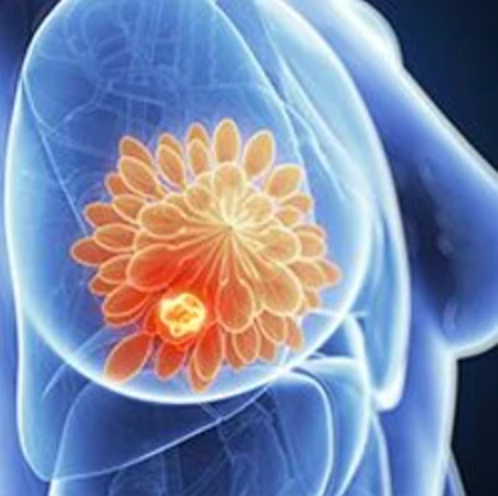Video
Dr. Pederson on the Importance of Ancestrally-Unbiased Polygenic Risk Assessment in Breast Cancer
Author(s):
Holly Pederson, MD, discusses the importance of ancestrally-unbiased polygenic risk assessment in patients with breast cancer.
Holly Pederson, MD, a staff physician and director of Medical Breast Services in the Breast Center at Cleveland Clinic, discusses the importance of ancestrally-unbiased polygenic risk assessment in patients with breast cancer.
A study examining the polygenic breast cancer risk assessment intended to answer the unmet need of validation in women of non-European descent, according to Pederson. Until recently, most of what was known about genetics and single-nucleotide polymorphisms was derived from research featuring women of European descent, Pederson explains.
However, more data have become available, and were utilized on the study to create a polygenic risk score for all ancestries, she explains. A continental approach was taken gnomically to determine patients' ancestral derivation. This does not involve self-reporting of ancestry, but instead utilizes a genomic breakdown of the 3 continents that contribute most relevantly to women in the US population, including Africa, East Asia, and Europe, Pederson concludes.









